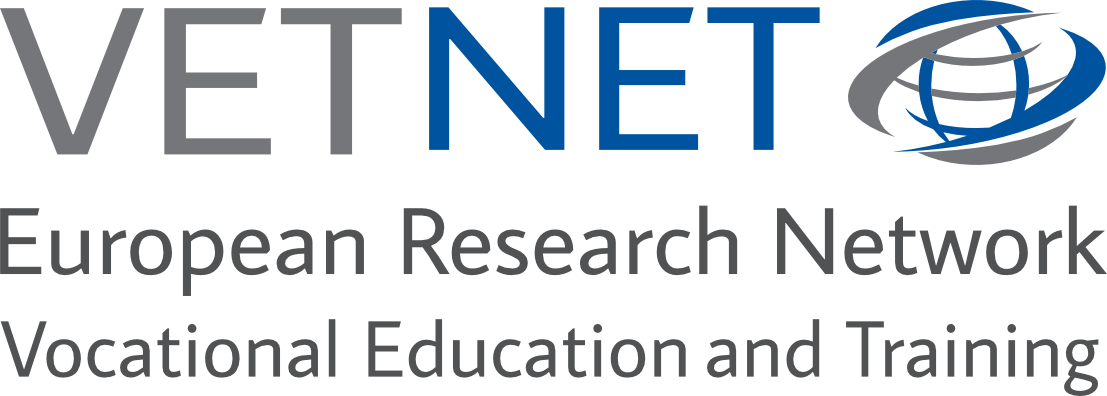Higher Education in Switzerland: Predictors of Becoming Engaged in Higher Vocational or Higher Academic Education – The Role of Workplace Factors
DOI:
https://doi.org/10.13152/IJRVET.5.4.2Keywords:
VET, Vocational Education and Training, Lifelong Career, Professional Development, Learning Culture, Social InequalityAbstract
Context: Vocational education and training enables young people to quickly and effectively enter the labour market. To advance their careers and to develop their professional expertise even more, they must then further their education through higher vocational or higher academic education. In this study, we looked at young people at work: What motivates them to move on towards higher education? As they are engaged in their jobs, their work situations will affect their further educational engagement. We hypothesised that individuals will more likely move towards higher education if their workplaces offer learning opportunities and social support. Human capacities, attitudes, and goals at work develop mainly in informal or non-formal learning situations and in their interactions with their teams. We tested the effect of these workplace factors by taking into account additional important predictors of educational pathways, such as sociodemographic factors (social background, nationality, gender) and motivational factors (values).
Methods: Data stemmed from a multi-cohort longitudinal survey on educational decisions and educational pathways in the German part of Switzerland (BEN), running from 2012 to 2016. The selected sample consisted of 601 working individuals who were not engaged in higher education in 2014. Multinomial logistic regressions were run to test the hypothesis.
Findings: First, we found that only 35% of the individuals who wanted to become engaged in higher vocational education in 2012 became engaged up to 2016 compared with those intending to become involved in higher academic education, where the rate varied by age—from younger to older—between 45% and 70%. Second, we found distinctive predictors for becoming engaged in higher vocational or academic education. Workplace factors predict engagement in higher vocational education but not sociodemographic factors, whereas sociodemographic and not workplace factors predict engagement in higher academic education. A significant predictor for both groups is the value attributed to higher education.
Conclusions: The unique contribution of this paper is to show that distinct patterns of becoming engaged in higher vocational or higher academic education exist. These results confirmed the persistent effect of sociodemographic factors that shape the pathway to higher academic education. Moreover, the results indicated that an individual’s value and workplace factors contribute to enabling paths to higher vocational education, as this depends not on sociodemographic factors but on shaping the work environment that supports learning at work.





